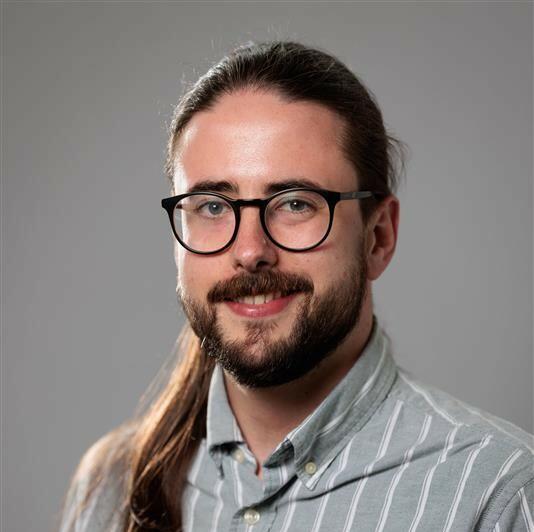
In recognition of UK Disability History Month (14 November – 20 December) and International Day of Persons with Disabilities (IDPD), LSTM colleagues are sharing their stories and experiences.
These annual events promote the dignity, rights and wellbeing of people with disabilities, and each year they highlight different issues with their theme.
This year, the theme of UK Disability History Month is Disability, Livelihood and Employment, and International Day of Persons with Disabilities is focusing on amplifying the leadership of persons with disabilities for an inclusive and sustainable future.
During coming weeks, we will be sharing blog posts from members of LSTM's Disability and Carers Network about their own experiences and the support within LSTM.
Mental health and neurodivergence have always been integral parts of my life, shaping my experiences in school, university, and now my career. Anxiety first became a significant challenge in my teens, affecting how I navigated the world. While being formally diagnosed was a crucial step in understanding who I am and how I respond to challenges, it often felt incomplete—like there was an unwritten rulebook that everyone else had, but I did not. My thought processes, which seemed clear and logical to me, often baffled others, leaving me to question why I noticed and prioritised things that others overlooked.
About two years ago, I noticed how much this difference was affecting my interactions with others, both personally and professionally. The growing conversations around neurodivergence, especially ADHD, resonated deeply with me. These discussions shed light on patterns I had not fully connected before. By last year, I realised that the tools I typically relied on to manage my anxiety were not enough. They helped to an extent, but I was addressing symptoms without tackling the root cause. This led me to reach out to my GP to explore an assessment for neurodivergence.
After a lengthy process, I was diagnosed with ADHD this year. I did not anticipate the profound sense of relief that would come with this diagnosis. Understanding there is a reason behind my behaviours and tendencies was a revelation, allowing me to make sense of experiences that had long shaped my life. It also opened the door to targeted resources and strategies, empowering me to better manage challenges. Revisiting Cognitive Behavioural Therapy with this new self-awareness made it far more effective—no longer just addressing surface-level symptoms but tackling the underlying causes.
Navigating professional life as a neurodivergent person has its challenges, especially in a dynamic field like vector biology. For example, managing multiple tasks and shifting priorities can sometimes feel overwhelming, but I have found ways to adapt. Tools like task organisers, clear communication with colleagues, and structured workflows have been critical in ensuring I can meet deadlines and deliver high-quality work. At the same time, my neurodivergent perspective brings unique strengths to my role. I often notice patterns or inconsistencies others might miss, which can be invaluable. This ability to think “outside the box” has been an asset in tackling complex problems in my research role.
However, thriving in the workplace requires more than just personal adaptations—it requires a supportive environment. At LSTM, having an understanding team and the flexibility to adjust my workday has been vital to balancing my professional responsibilities with my well-being. These accommodations do not just help me; they enable me to contribute more effectively to our collective goals.
Talking openly about my diagnosis has been transformative. Many friends and colleagues have shared their own diagnoses or suspicions, creating a newfound sense of connection and understanding. During my assessment, my therapist mentioned that neurodivergent individuals often gravitate toward each other because of shared ways of interpreting the world. Recognising this in my long-term friendships has been incredibly rewarding, especially as I see friends undergoing similar journeys and thriving with new self-understanding.
I am thrilled to see the Disability and Carers Network establish a neurodivergent group at LSTM. This initiative has the potential to foster the same sense of connection and shared understanding I have found so valuable in my personal life into my professional life. Recognising and supporting neurodivergent individuals is not just a matter of accommodation but an opportunity to unlock diverse talents that benefit the entire workplace. As we continue to build inclusive practices, I hope more workplaces will recognise the value of neurodiversity in shaping innovative, resilient, and empathetic teams. Together, we can create environments where everyone has the tools and support, they need to thrive.